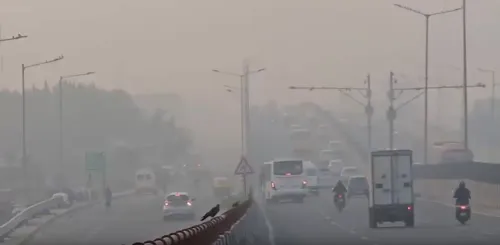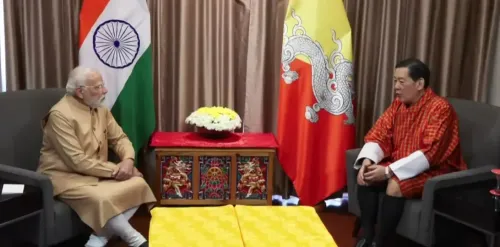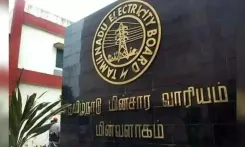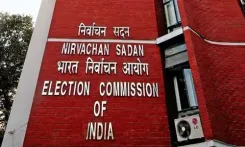Is Pakistan Committing Genocide Under the Guise of Counterterrorism?

Synopsis
Key Takeaways
- Pakistan's military actions are under scrutiny for alleged targeting of civilians.
- International condemnation highlights the humanitarian implications of these operations.
- Pressure from the US and China complicates Pakistan’s response to local unrest.
- Local communities feel exploited and marginalized.
- There is a growing sentiment of distrust towards the Pakistani government.
New Delhi, Sep 22 (NationPress) Reports from Indian agencies indicate that Pakistan's aggression is expected to escalate in Balochistan and Khyber Pakhtunkhwa (KP) due to pressures from both the US and China. While Pakistan may boast about having made some strategic moves concerning these powers, the reality is that it is preparing to commit genocide in Balochistan.
According to officials from the Intelligence Bureau, the pretext of combating the Tehreek-e-Taliban Pakistan (TTP) masks a more sinister intent to target the local population and carry out genocide. The Pakistan Army is encountering significant resistance in these areas and seeks to harm even innocent civilians under the guise of counter-terrorism.
For instance, a recent incident resulted in the deaths of thirty individuals during airstrikes in KP, where Pakistan utilized Chinese-made J-17 fighter jets to deploy eight Chinese L-6 bombs, precision-guided munitions, on a village in the Tirah Valley. The local community is already tense due to the aggressive actions of the Pakistan Army. Residents in both Balochistan and KP have reported that under the guise of combating terrorism, the Pakistan Army is attempting to eradicate the local population.
Intelligence reports indicate that, historically, Pakistan has been an aggressor in these areas against the local populace, and such actions are anticipated to intensify in the future.
The agreements Pakistan has made with the US and China may appear favorable on the surface. However, both nations have largely placed the burden on Pakistan to guarantee the security of their projects. While China has expressed a desire to eliminate the TTP, which threatens their initiatives, the US has made it clear that it wants terrorist elements in Balochistan removed to facilitate the peaceful execution of mineral deals.
Currently, Pakistan finds itself in a quandary due to these conflicting demands. Primarily, it struggles to combat terrorist groups in both regions, and the Pakistan Army has faced humiliating defeats. Moreover, Pakistan lacks support from Afghanistan on these matters. However, what impacts Pakistan the most is the absence of backing from local communities.
For decades, locals have voiced grievances that their region's resources are being exploited by the Pakistan Army, with none of the benefits reaching them. Residents accuse the Pakistan government of plundering their resources and investing them elsewhere while they continue to endure hardships.
In light of this situation, the Pakistan Army has opted for an offensive strategy, targeting innocent locals.
International condemnation of Pakistan's actions has been voiced before. Amnesty International’s South Asia office criticized the army for its blatant disregard for civilian life, particularly following a drone strike that resulted in a child’s death.
The backlash was severe after a March 10 strike that killed ten civilians in the Katlang area of KP province. Despite these incidents, Pakistan maintains that its intention was to eliminate terrorists, while the true aim appears to be the murder of locals.
Following a military strike on Monday, even opposition parties in Pakistan expressed criticism. The Pakistan Tehreek-e-Insaf stated that no words could adequately express the sorrow and grief caused by the drone attacks and bombings, emphasizing that they have seeded profound hatred.









